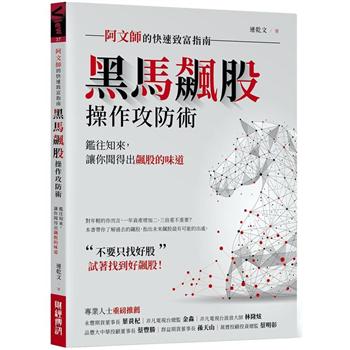Empathy (Einfühlung)--as a crucial concept for understanding ourselves, others, and communities--was a central topic of interest in the first half of the twentieth century amongst philosophers and in the emerging sciences of psychology and sociology. Edith Stein’s dissertation and inaugural publication, On the Problem of Empathy, introduces her unique take on empathy, embodiment, phenomenology, and intersubjectivity. Her immersion in phenomenology and her intimate familiarity with the psychology and sociology of her day make it a challenge for contemporary readers to understand. This companion provides a guide to Stein’s first philosophical masterpiece. The opening essays, including a contribution from Íngrid Vendrell Ferran, indicate the most important influences on Stein’s thought circa 1917, the structure and method of her argument, the place of this work in her oeuvre, its historical significance, and its relevance for contemporary philosophical discussions. Timothy Burns then provides a clear and detailed summary of each section of Empathy, elucidating the argument that weaves through this classic of philosophical thought.
| FindBook |
有 1 項符合
Edith Stein’s on the Problem of Empathy: A Companion的圖書 |
 |
Edith Stein’s on the Problem of Empathy: A Companion 作者:Burns 出版社:Lexington Books 出版日期:2024-05-29 語言:英文 規格:精裝 / 150頁 / 普通級/ 初版 |
| 圖書館借閱 |
| 國家圖書館 | 全國圖書書目資訊網 | 國立公共資訊圖書館 | 電子書服務平台 | MetaCat 跨館整合查詢 |
| 臺北市立圖書館 | 新北市立圖書館 | 基隆市公共圖書館 | 桃園市立圖書館 | 新竹縣公共圖書館 |
| 苗栗縣立圖書館 | 臺中市立圖書館 | 彰化縣公共圖書館 | 南投縣文化局 | 雲林縣公共圖書館 |
| 嘉義縣圖書館 | 臺南市立圖書館 | 高雄市立圖書館 | 屏東縣公共圖書館 | 宜蘭縣公共圖書館 |
| 花蓮縣文化局 | 臺東縣文化處 |
|
|
圖書介紹 - 資料來源:博客來 評分:
圖書名稱:Edith Stein’s on the Problem of Empathy: A Companion
|











